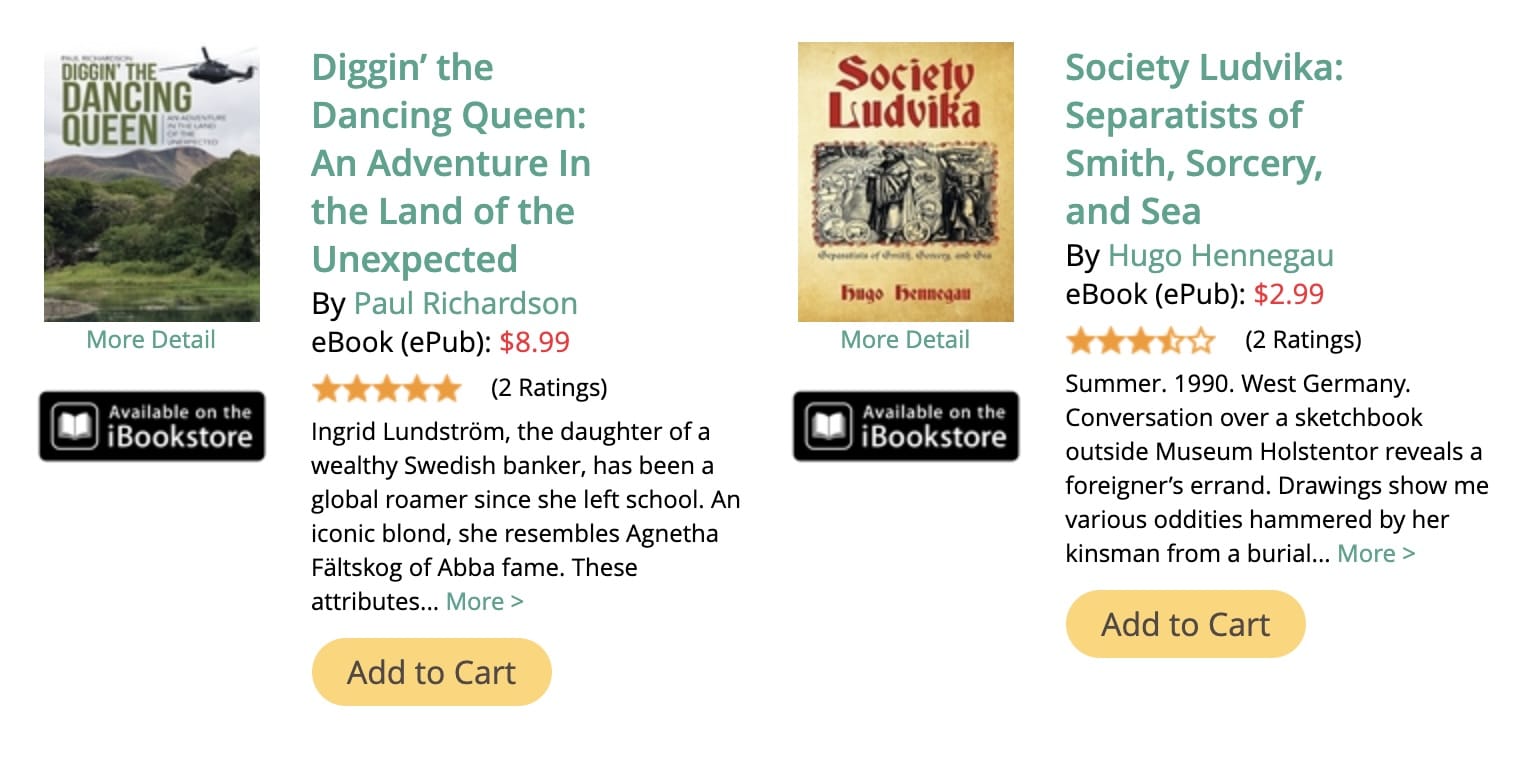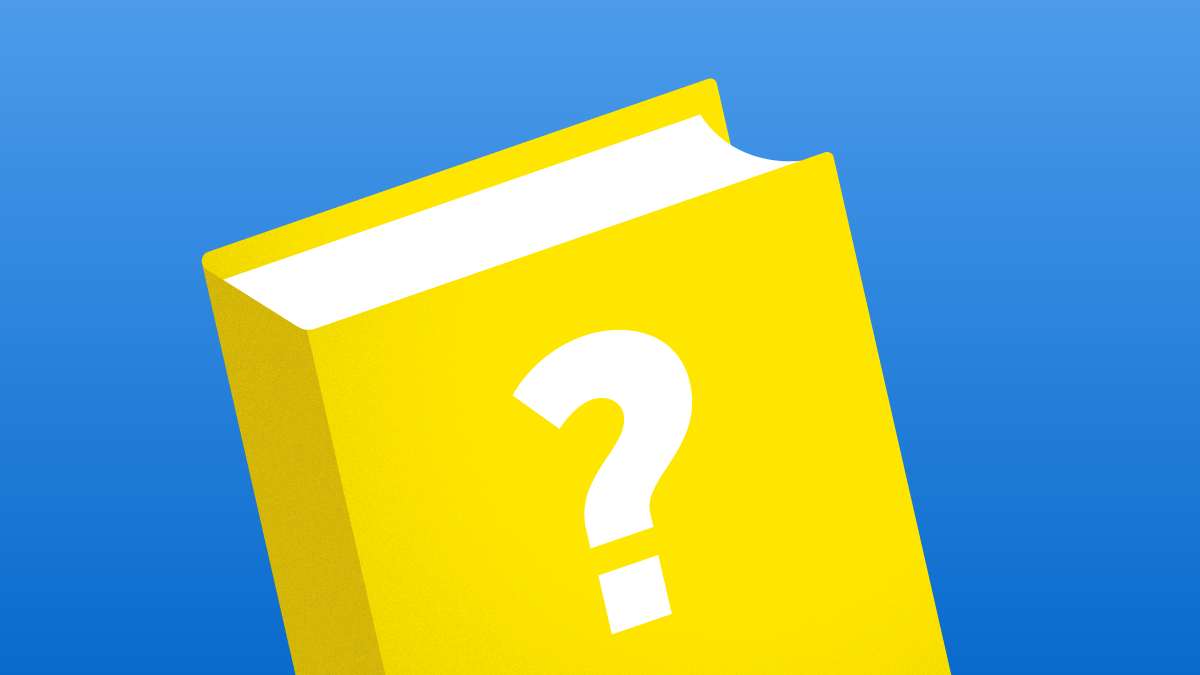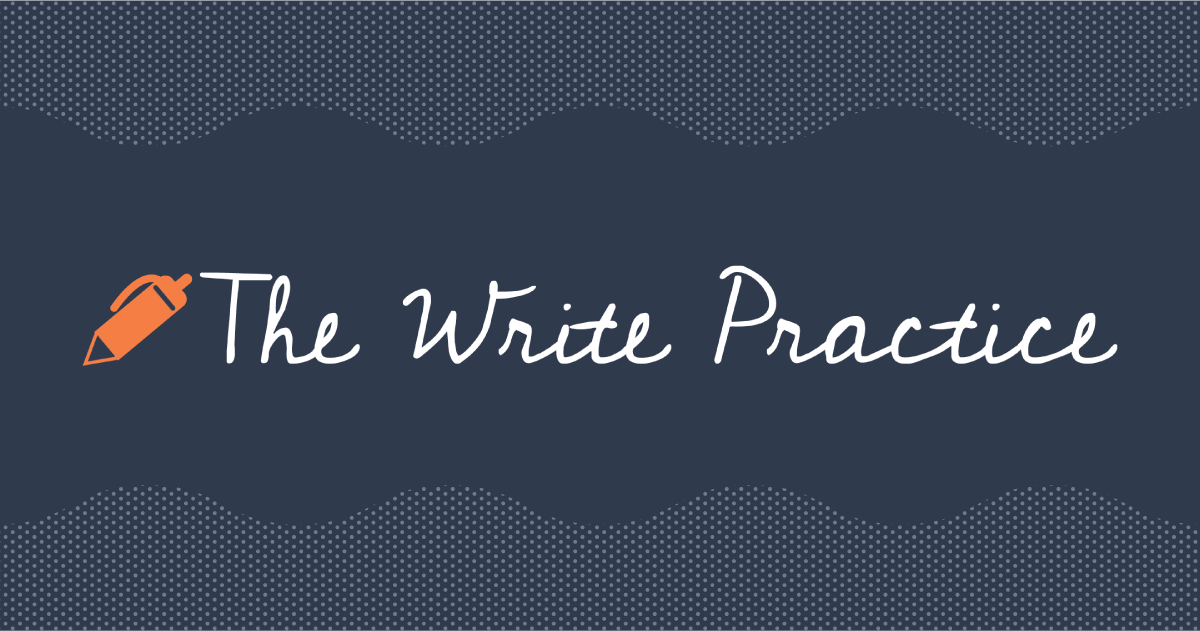How to Write a Great Book Title
Your book title might not seem like much. Just a few words on the cover. No big deal, right?
Of course, that’s nonsense. You know your book title is important. For some, it’s a touchstone for the subject and becomes personal. For others, it’s a marketing tool, designed to grab the attention of your readers.
However you look at your book title, you know creating a great book title is important.
Why Does Your Book Title Matter?
Your book title is the very first thing your readers will see. As many skilled writers have said before, the opening line of your book has to hook the reader. Well, it’s arguable that the title is even more important. That opening line might be the difference between someone loving your book and not finishing it, but the title can decide whether they even buy it!
With that in mind, there are four primary goals to aim for with your title.
- Grab Attention
- Be Memorable
- Explain Your Book
- Be Simple and Inviting
Your Book Title Must Grab the Reader’s Attention
First and most important, your title has to make a potential reader stop and look closely at your book. One benefit of online shopping is that the title stands out even more than it does on a bookstore shelf. There is no premium on getting your book ‘facing out’ because literally every book on the web faces out.
Here are two titles spotlighted on Lulu’s Bookstore in the General Fiction category:

Note how each book has a well-designed cover with the title prominently displayed, as well as the title listed again beside the book.
In the first, Diggin’ the Dancing Queen: An Adventure in the Land of the Unexpected, the target audience is adventurous readers. The word ‘adventure’ is right in the title! But more than that, the title and subtitle frame us around a question (who or what is the ‘Dancing Queen’?) and promise adventure (in the subtitle). If you’re in the market for a book that transports you to a wild and unpredictable new world, the Dancing Queen surely will provoke your attention.
On the other side, we have Society Ludvika: Separatists of Smith, Sorcery, and Sea. This title uses alliteration to guide your eye. While the main title is a bit confusing, the subtitle really ups the ‘what’s going on?’ factor. Smith like the name? Or a blacksmith? Sorcery?! What’s that even about? And how will the sea play into all this?
Instead of promising adventure, Society Ludvika promises a puzzle or a mystery. If you’re shopping for a book that mixes genres and takes you on a complex journey, you’ll see this title as an enticement. This brings us to the next job your book title has; being memorable.

Create Your Book
Use Lulu's free templates to easily create and publish your book today.
Staying In Your Reader’s Mind
An attention-grabbing title aims to secure a reader’s interest (and ideally a purchase) quickly. You want them to stop browsing and look at YOUR BOOK.
But if your title is both evocative and memorable, you can catch hesitant readers too. I might not buy your book while I’m shopping this time, but if the title (and the cover, which I talk more about elsewhere) stick in my mind, I may well get your book on my next browse.
That’s the power of a memorable title.
Explain Your Book
Now we’re getting into some trickier parts of the book title. The best book titles will explain something about the book. For nonfiction, this is usually pretty direct. If you’re writing about the migration patterns of Canadian geese, then you’ll probably want to use a title like Study of the Migration Patterns of Canadian Geese. No need to be clever here; you’re just saying to readers “Hey, if you’re interested in Canadian geese migration, I’ve got information for you.”
For fiction, it can be more difficult. You don’t want to give anything away or reveal so much that the story loses its immediacy. But you need to give readers enough of an explanation that they’ll feel like they know what they’re getting.
Your title is going to help promote your book too, of course. So having a title that gives just a taste of what they can expect will go a long way toward those promotional goals.
Keep It Simple and Inviting
This last one would not have been on my list originally. I came around to the idea of simplicity and accessibility after reading a lot of book titles.
Here’s how it works: avoid long or complex words and always do your best to avoid controversial language. There is one major caveat to this: if your audience or subject demands it.
Again, nonfiction book titles will need to use very specific language that might not seem right for general readers. But in these cases, the audience is well-defined.
What’s important here is that you don’t offend anyone. Avoid controversial terms or language and don’t use phrasing that might put off your intended audience.
All while aiming for simplicity. You want readers to be inspired by your title and to remember it. That means it should not be a tongue-twister or difficult to pronounce.
Should You Use a Book Title Generator?
I’ve read several articles recently that suggest using a title generator. I disagree. Adamantly.
Title generators churn out generic titles. Nothing about your book should be generic.

Here’s the thing; you’ve written this entire book. From word one to The End. You’ve edited and had it edited, you’ve worked with readers to make the story something amazing. After all that, you want to let an AI decide your title?
I just can not get behind that idea.
Book Titles: Italics, Underlined, and Quotation Marks
This is a little tangential to the subject at hand, but I think it’s worth a quick note. Let’s say your primary character is a reader and you want to mention some books they’ve read. Is it Great Expectations or Great Expectations or “Great Expectations”?
Bottom line; it depends. If you’re adhering to a style guide, that should dictate how you mention other books in your content. And that may vary.
For example, the Chicago Manual of Style suggests you italicize the title. Whereas MLA style guides say to italicize book titles if it’s a complete work but to put the title in quotation marks if the title is part of a larger work.
However, these examples are highly technical and more relevant to academics. For fiction authors, you can really decide for yourself. Think about the fonts you’re using and other formatting choices to be sure the title stands out. And be consistent!

Your Free Lulu Account
Create a Lulu Account today to print and publish your book for readers all around the world
Good Book Title Ideas
As with almost everything, you have to let your goals dictate how you title your book.
Think about the four points I outlined above; does your title grab attention, is it memorable, does it give a hint about the book, and is it simple? Writing a book is a lot of work, but you put in the work so you need to find a great title to match the book!
There Is No Perfect Title
We could probably debate this. I can think of some pretty incredible titles. But still, I don’t think there is a perfect title. What you want to find is the right title.
No matter what your broader goal might be, your title has a job to do it. It has to hit the four points I covered earlier while resonating with the story while your reader is reading your book. The right title means something when a reader first picks up the book and it should mean just a little more once they finish reading.
That’s the power of the right title; the few words continuously have meaning for the reader.




